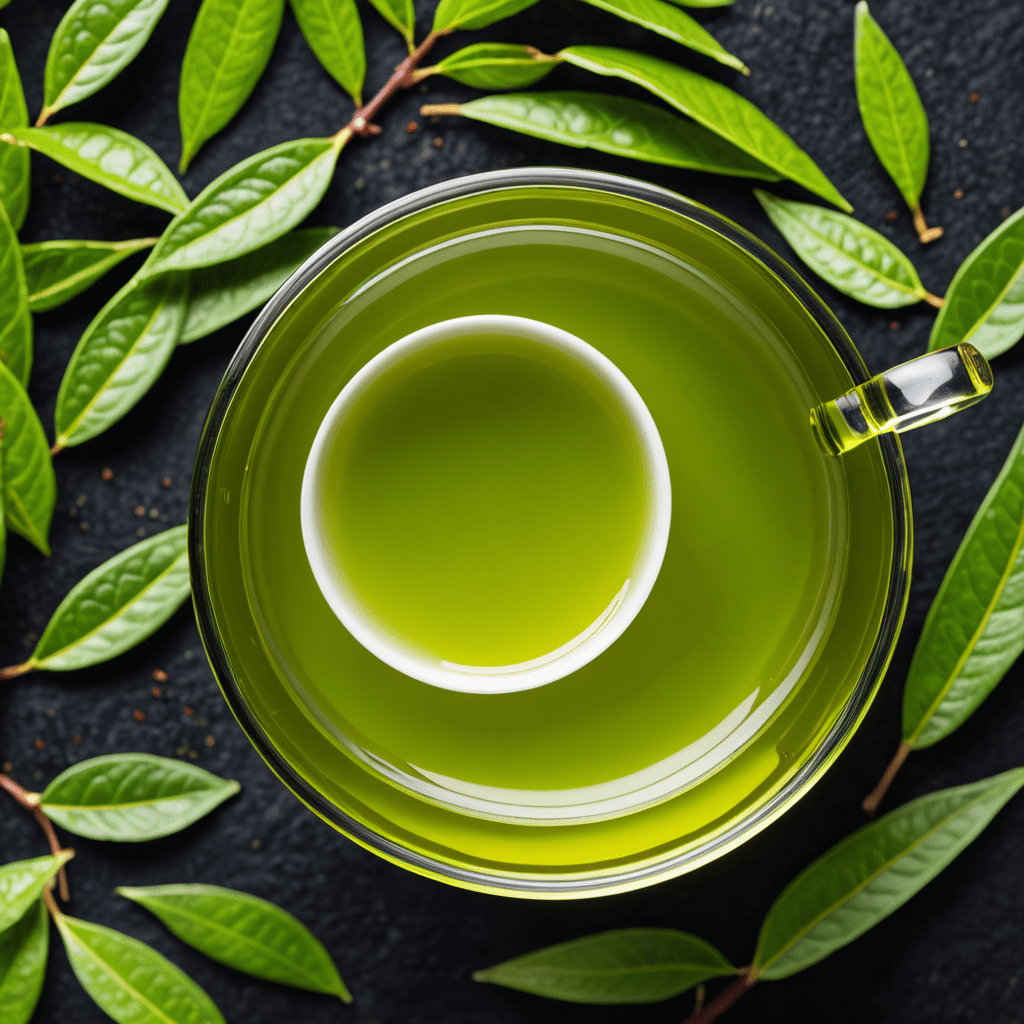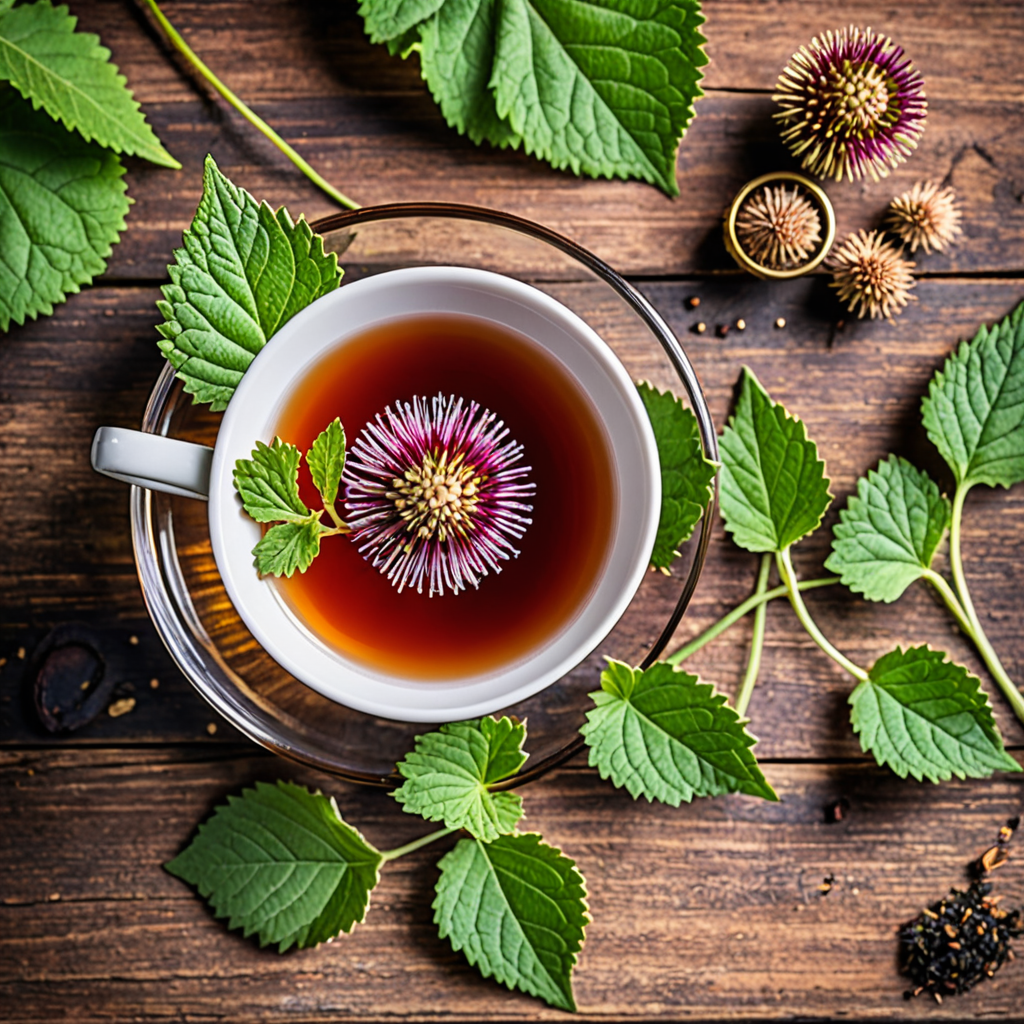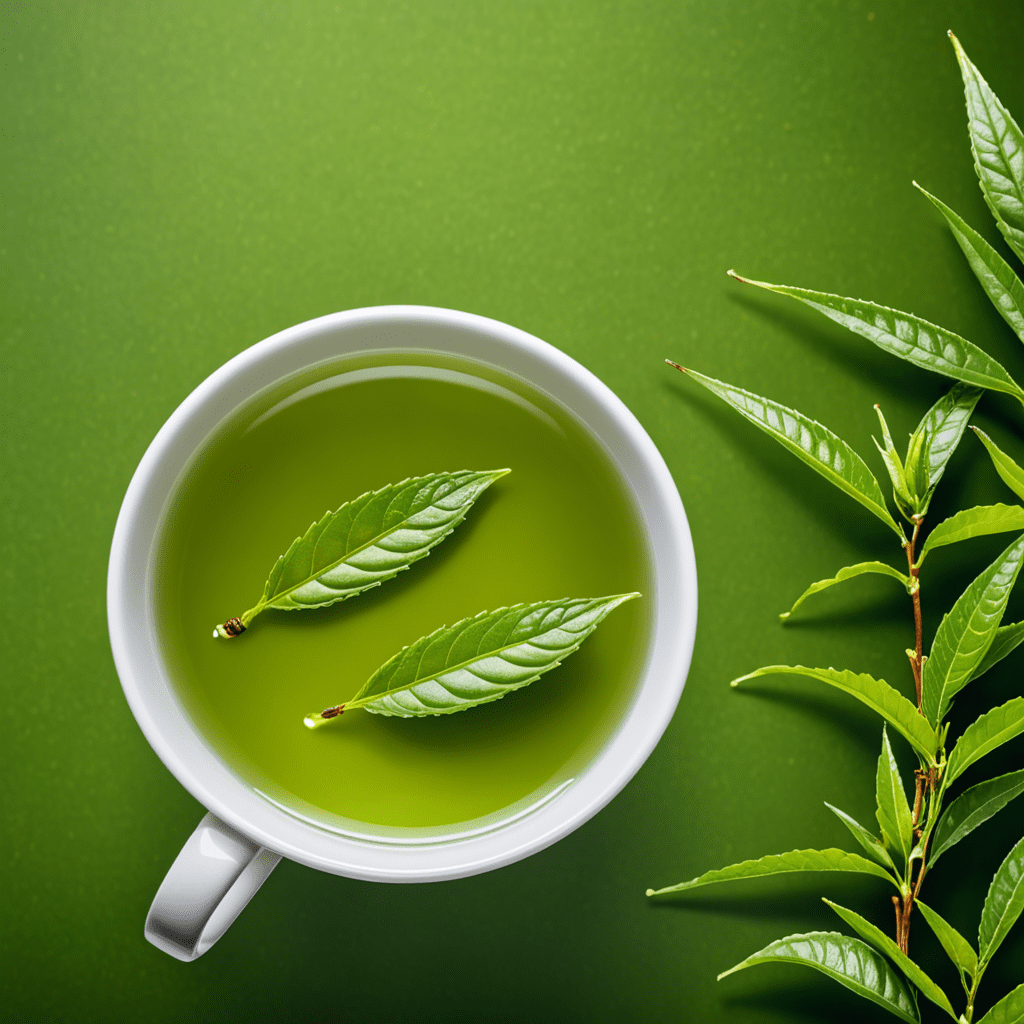Unveiling the Ultimate Powerhouse Green Tea with Highest EGCG Concentration
Are you a green tea enthusiast looking to maximize the health benefits of your daily cup? If so, you may have heard about EGCG (epigallocatechin gallate), a powerful antioxidant found in green tea that has been linked to numerous health benefits. But which green tea variety contains the most EGCG? In this article, we will explore the different types of green tea and reveal the top contender for the highest EGCG concentration. Get ready to elevate your tea game and enhance your well-being!
Understanding EGCG and Its Importance
Before we dive into the tea varities, let’s take a moment to understand EGCG and why it’s such an important component of green tea. EGCG is a type of catechin, a natural compound found in tea leaves. It is highly regarded for its potent antioxidant and anti-inflammatory properties, which have been linked to a range of health benefits, including improved heart health, weight management, and reduced risk of certain chronic diseases.
Comparing Green Tea Varieties
While all green teas contain EGCG, the concentration varies depending on the tea variety and processing methods. Here are some popular types of green teas and their approximate EGCG content:
- Matcha Green Tea: Matcha is a finely ground powdered green tea that is well-known for its vibrant green color and earthy flavor. Due to its unique cultivation and harvesting methods, matcha contains the highest concentration of EGCG among all green teas. In fact, a cup of matcha can provide up to three times the EGCG content compared to other green tea varieties.
Sencha Green Tea: Sencha is one of the most popular and widely consumed green teas in Japan. It is steamed and dried to preserve its bright green color and grassy flavor. While sencha may have a slightly lower EGCG concentration compared to matcha, it still contains a significant amount of this beneficial compound.
Gyokuro Green Tea: Known as the “jade dewdrop” tea, gyokuro is a shade-grown green tea that is highly revered in Japan for its exceptional taste and quality. The leaves are shaded before harvesting, resulting in a higher chlorophyll content and increased production of EGCG. As a result, gyokuro typically contains a higher concentration of EGCG compared to sencha.
Dragon Well Green Tea: Also known as Longjing tea, Dragon Well is a famous Chinese green tea known for its delicate chestnut-like flavor and sweet aroma. While it may have a slightly lower EGCG concentration compared to matcha, Dragon Well is still a great choice for those seeking the health benefits of green tea.
Gunpowder Green Tea: Gunpowder tea is a tightly rolled Chinese green tea that unfurls during steeping, resembling gunpowder pellets. It has a bold and smoky flavor profile. Although its EGCG concentration may be slightly lower than other green tea varieties, gunpowder tea remains a popular choice for its unique taste and affordability.
Brew and Enjoy Your High-EGCG Green Tea
Now that you have a better understanding of the green tea varieties with the highest EGCG concentrations, it’s time to brew and enjoy your cup of goodness. Follow these simple steps to make your perfect high-EGCG green tea:
- Choose high-quality loose leaf green tea that suits your preferences, whether it’s matcha, sencha, gyokuro, Dragon Well, or gunpowder tea.
Boil fresh, filtered water and allow it to cool for a few minutes to avoid scorching the delicate tea leaves.
For matcha, whisk 1 teaspoon of powdered tea with a small amount of hot water until it forms a smooth, frothy paste. Gradually add more water while whisking briskly.
For loose leaf green tea, place 1 teaspoon of tea leaves per cup in a teapot or infuser. Pour hot water (about 175°F) over the leaves and let steep for 2-3 minutes.
Strain the tea or remove the infuser, and pour the brewed tea into your favorite teacup or mug.
Savor the aroma and flavors as you take your first sip, knowing that you’re benefiting from the high concentration of EGCG in your green tea.
Frequently Asked Questions (FAQ)
Q: Can I increase the EGCG concentration by steeping the tea for a longer time?
A: While it might seem logical to increase the steeping time for a higher EGCG concentration, it is not recommended. Steeping green tea for too long can result in a bitter taste and may not significantly increase the EGCG content. It’s best to follow the recommended steeping time to achieve a balanced flavor and maximum benefits.
Q: Should I choose organic green tea to ensure a higher EGCG concentration?
A: While choosing organic green tea is generally a good practice, it does not guarantee a higher EGCG concentration. The EGCG content depends more on the tea variety, quality, and processing methods than whether it is organic or not. Focus on selecting high-quality tea from reputable sources to ensure the best EGCG concentration.
Q: Can I consume green tea extract supplements to obtain higher EGCG levels?
A: Green tea extract supplements can provide a high concentration of EGCG for those looking for a more potent form. However, it’s essential to consult with your healthcare provider before starting any new supplements, as they may interact with certain medications or have adverse effects in some individuals.
Now armed with this knowledge, you can confidently choose the green tea variety that suits your taste buds while maximizing the EGCG concentration. Cheers to a flavorful and health-enhancing tea journey!


